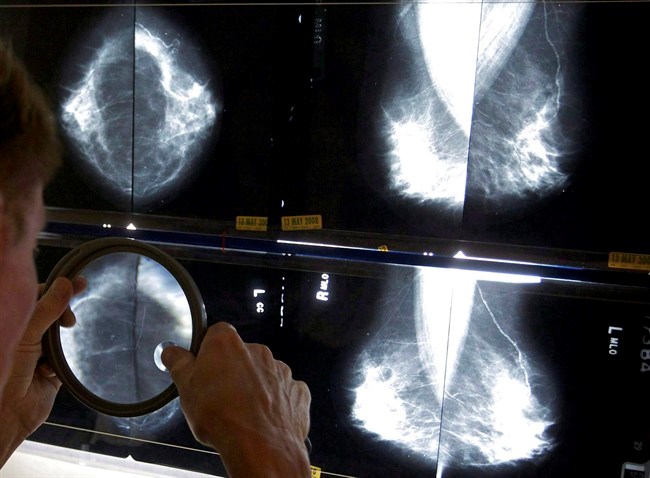VANCOUVER — The work of some B.C. radiologists is still not being peer-reviewed, despite a commitment made by the provincial government four years ago.
Key medical scans by one third of radiologists in B.C.’s Interior, Northern and Vancouver Island health authorities are not getting random re-reads, promised in 2011 after an investigation uncovered a series of misread scans.
While a patchwork of peer-review systems now covers other B.C. radiologists, a provincewide system won’t be in place until mid-2016, according to the provincial health ministry.
When the $3.7-million Radiologist Quality Improvement System is fully rolled out, a proportion of scans read by every radiologist in the province will be re-read by a peer to “pick up outliers in terms of practice,” ministry spokeswoman Sarah Plank said.
So far, just two-thirds of the radiologists in three of the five regional health authorities are using the system. But while the work of some radiologists is not being peer-reviewed, Plank said that’s no reason for patients to seek new tests.
“Radiologists are highly trained medical specialists who read a large number of scans each day and provide excellent care to patients. It is unusual for problems to occur,” Plank said.
In 2011, four radiologists were found to be interpreting scans they were not skilled or properly trained to read. A provincial probe headed by Douglas Cochrane, the chairman of the B.C. Patient Safety and Quality Council, found a dozen patients, including three who died, had faced delayed treatment or mis-diagnosis stemming from the medical-scanning scandal, while nearly 8,000 imaging studies had to be reinterpreted.
For Cochrane, peer reviews would be particularly helpful for radiologists who are more isolated from their colleagues.
“This wasn’t like going to the expert in the world on such-and-such — that isn’t actually fair peer review — but to support people in small communities, in rural communities,” Cochrane said.
Plank said other measures have been put in place to address some of the underlying problems Cochrane found. Among them are tools and processes to assess credentials and make sure physicians are qualified to perform certain procedures.



